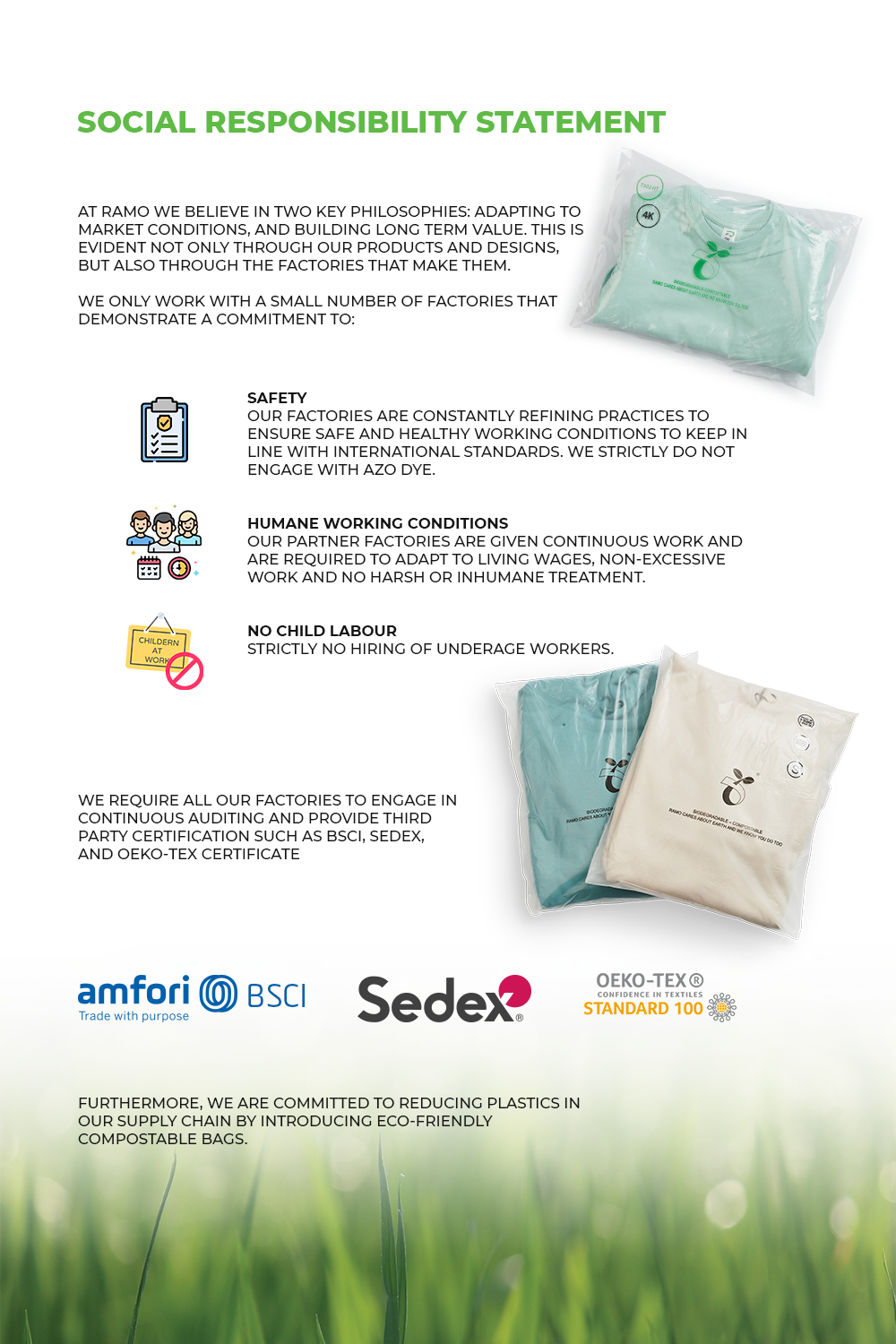
Qty: 0
Price: 0.00
Showing the last 0 items added.

Qty: 0
Price: 0.00

Qty: 0
Price: 0.00

Qty: 0
Price: 0.00
Sub-Total: $

